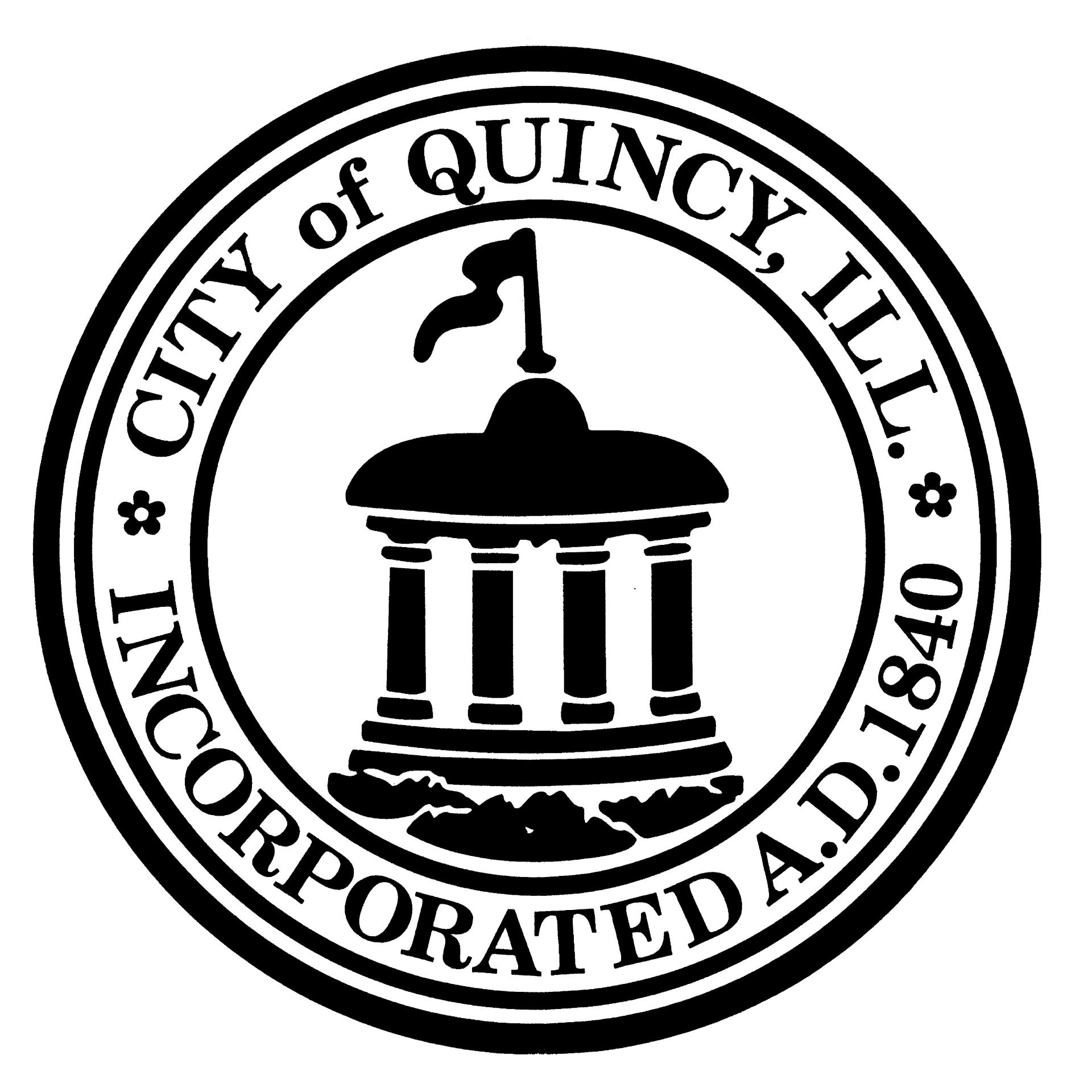City Council discusses potential impact should migrants from the border make their way to Quincy

QUINCY – Quincy city officials have been in discussions with social service agencies to consider how to handle a possible influx of immigrants should buses from the U.S.-Mexico border in Texas arrive in the Gem City.
At Monday’s Quincy City Council meeting, Mark Philpot, who chairs the city’s Human Rights Commission asked what the plan is should the city begin receiving migrants.
“Given the fact that many of these towns receive little or no warning, the question was asked if a bus of 30 migrants suddenly arrived at Washington Park at 4 a.m.,” Philpot said. “The purpose of prompting this issue is not to debate the question of the legal or illegal immigration. The hope is that we as a community can create a plan that can help keep our community safe while providing humanitarian assistance.
“We know that the immigration question will not subside anytime soon. We are also aware that Quincy struggles with adequately addressing its own homeless, poorly housed and mentally ill populations, but it is prudent to prepare a plan of action.”
Quincy Mayor Mike Troup said discussions and meetings are already underway with the city’s social service agencies.
“We’re working with our social service agencies … We just want to have an idea of what to do,” Troup said. “We’re working with United Way, Salvation Army, YWCA and Red Cross and we will have something pulled together officially and then we also have the countywide emergency services corps under John Simon. So, we’ve got people to call if something were to happen tonight, but we’re trying to update that plan to be more specific on this.”
Corporation Counsel Lonnie Dunn said he has been in contact with other downstate communities on what measures they are taking regarding the migrant issue.
“So what’s happened is as these buses and these planes have been dropped in off the city of Chicago, the state of Illinois, is the landing zone, if you will, for a lot of these migrants throughout the state,” Dunn said. “We also have what’s called the welcome centers. Those welcome centers are much smaller. We have one in Macomb. We have one in Beardstown and we have one in Virginia … And the whole point of these drop off centers, these loading zones is to get them their services, get them food within a certain amount of time, get them clothing if they needed, medical needs, met this kind of stuff and then work them into the system.”
Dunn said Chicago, despite its status as a sanctuary city, is overburdened and downstate communities such as Peoria and Springfield are concerned on what happens if they begin to see an influx.
“Springfield has kind of a wait and see approach,” Dunn said. “They don’t want to do any type of ordinance right away … They wanted to wait and see if they got any buses number one, and if they did get buses, how many did they get? Did they get one or two? Or are they starting to get five a day?
“They wanted to wait and see but, at the same time in the same breath, plan for the eventuality if in case a bus load did drop off people and you can only imagine the potential ramifications of all of a sudden you have a bus with 30 people.”
Assistant Corporation Counsel Bruce Alford discussed the constitutional issues and referred to the Trust Act which has an impact on how law enforcement has to handle migrants.
“That statute basically is very clear that in the state of Illinois, a law enforcement officer is not allowed in any way, shape or form to inquire of anyone’s immigration status,” said Police Chief Adam Yates. “So if they make any type of claim that they’re a foreign national, we would have to notify a consular (from the person’s native country) to make sure that legally they’re handled in the proper way. But outside of that, there’s absolutely no legal way for us to inquire as to whether someone is an illegal immigrant, or an immigrant that’s here seeking asylum.”
Alderman Mike Farha (R-4th Ward) said the United States is “a country without borders” and the federal and state governments are looking not enforcing the law.
“I don’t know what to tell people because it’s very unsafe, but unfortunately, not only going to be unsafe, you’re going to get sued,” Farha said. “The federal government, the state government, the NGO’s (non-governmental organizations), they’re all going to sue us. It’s just intolerable. And I got one more question: What makes everybody think that we don’t have illegals here right now?”
Alderman Ben Uzelac (D-7th Ward) said it shouldn’t be assumed that all of the immigrants coming in are illegal. Farha said there was no way to know, as the laws are currently constructed.
Troup suggested the aldermen reach out to federal representatives and officials with their concerns.
In other action, aldermen approved:
- Purchase of a GrayKey forensic extraction device from Grayshift, LLC, Roswell, GA, in the amount of $14,720.00.
- A change order for an amount not exceeding $40,000.00 for the Quincy Regional Airport Terminal Foundation Settlement Repair Project and payment for the additional work be authorized upon receipt of the pay estimate.
- An invoice totaling $28,965.80 to Progress Environmental of Jerseyville for the purchase of parts to repair low service pump #3 at the Water Treatment Plant.
- An annual premium payment of $268,005.50 to Willis Towers Watson Midwest, Incorporated of Chicago for an All-Risk Property insurance policy.
Miss Clipping Out Stories to Save for Later?
Click the Purchase Story button below to order a print of this story. We will print it for you on matte photo paper to keep forever.

